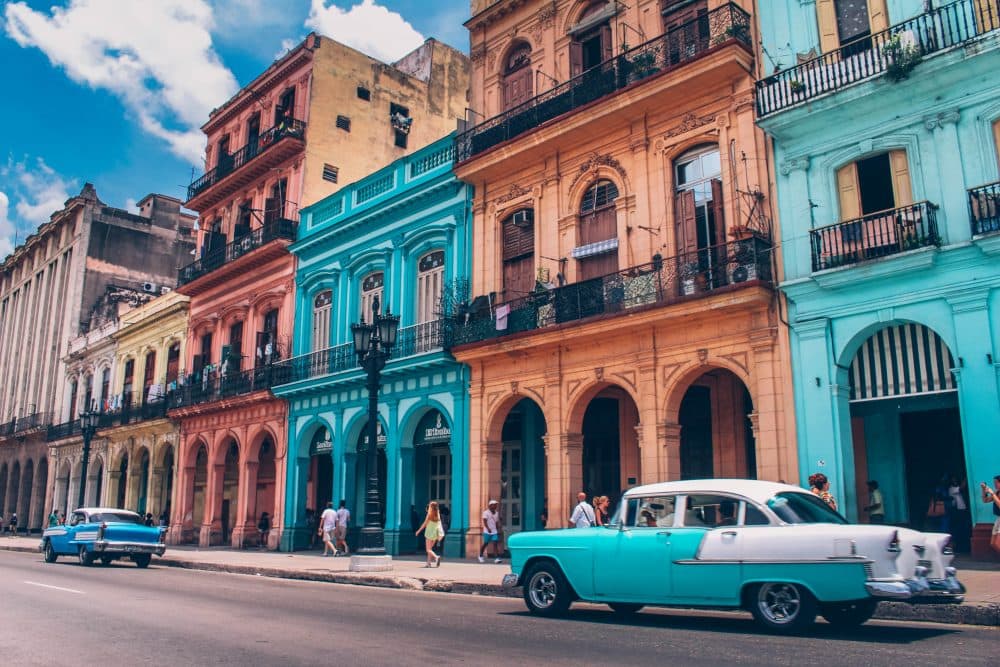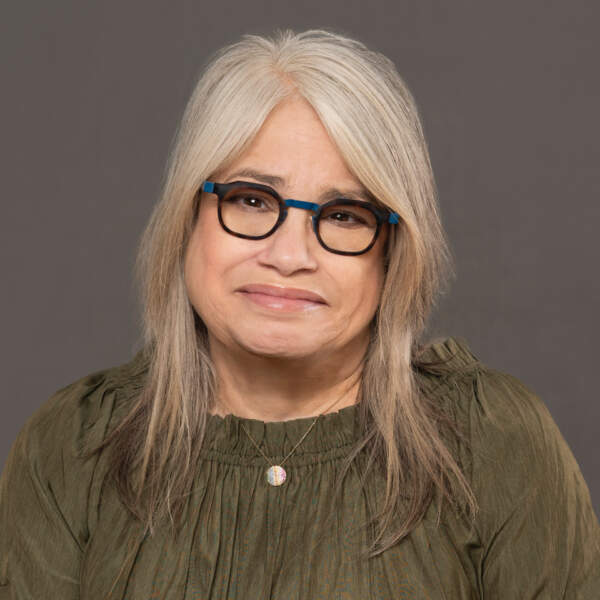Advertisement
commentary
Thanksgiving Was The One American Holiday My Cuban Family Understood

Five years ago I went on a short trip to Cuba — my first — in which I crammed a lifetime of my bright tropical curiosity about the place in just four days. With a mother from Cuba, I lay claim to my Cuban-Jewish heritage in many ways. Among them is that I grew up in a version of Havana transplanted to West Hartford, Connecticut.
Havana in these United States was the equivalent of messianic Jerusalem for my mother’s family. At the Passover Seder, it was always, “Next Year in Havana.” I have always had a genuine longing for the place. “Next Year in Havana” gave way to Hay Cuba como te estraño. I missed Cuba too. It didn’t matter that, at that point, I had never been there.
Cuba was mythic, imaginary, utopian. I grew up on the hyphen between two identities. My father’s family had a more familiar immigration. From Russia to New Haven, Connecticut via Ellis Island. My paternal grandparents both came to this country as infants. My mother’s family trace their roots to medieval Spain and came to Cuba by way of Greece and Turkey.
Why am I telling you this? Because I’m afraid that all of this global hopscotching will be forgotten, or worse, meaningless to my progeny. The sturdy hyphen that bridged my identities will simply disintegrate. My children do not feel hyphenated. My son is practically bilingual in Spanish, but strictly through classroom lessons. The older my children got, the more I should not have only seen to their fluency in a different language, but also in another culture. They think my predilection for Cuba is both odd and endearing. Sometimes they believe I’ve invented Cuba the same way I thought my mother conjured it during the deep and dark Connecticut winters.
I’m afraid that all of this global hopscotching will be forgotten, or worse, meaningless to my progeny.
Thanksgiving was the only American holiday when my Cuban family came down from the bleachers and played in the game. Christmas was out. Hanukkah was about the light and darkness, nothing more. Giving gifts around the menorah was an American invention. The Fourth of July baffled my people, who were on their third exile. But Thanksgiving was based on two groups who understood nothing about one another. That was family.
My maternal grandparents believed they could learn English by leaving the television set on all day. Mostly they stared at a jumpy screen scrolling endlessly. How do I explain this to my 21st-century kids with their HD televisions? How do I describe translating soap operas for my grandmother?
The little English that my grandparents did pick up was severely mispronounced. How do I convey that attempting to say something in English is a rite of passage in this country, not an occasion for racism? When my grandmother heard the word Thanksgiving for the first time she took to calling it "Zangeelee." At their first "Zangeelee" in the United States, we had turkey with rice and beans and plantains. We were one of those families that also had the cylinder of cranberry sauce — the one with the ribs of the can clearly indented into it. A tower of cranberry sauce in which you could stick a candle. Happy Birthday. Feliz cumpleano, Zangeelee.
Before I went to Cuba I took inventory of our dead in Guanabacoa Cemetery. My daughter asked me if I still had family in Cuba. “They’re dead,” I whisper. “Are you sure?” she said incredulously.
I was. Those tombstones in that cemetery outside of Cuba were the equivalent of my Plymouth Rock. Cuba is, after all, where we first landed in the New World. I took my children to Plymouth Rock when they were small. It’s a good thing that it sits in a structure that looks vaguely like a Roman Temple or else we might have missed it entirely. “This is it?” asked my children looking at the relatively small rock.
I thought I might have some of that small-child mentality at Jose Marti airport in Cuba. Would I also say, “This is it? This is what I have been pining for all these years?” I had been saturated with pictures of the 1950s cars, my grandparents’ house with the heavy wooden door and their ornate balcony. What I found instead was the beautiful crumbling of old Havana that stands as proudly and triumphantly as an aging beauty queen. I had come to the place where my first Zangeelee originated.
